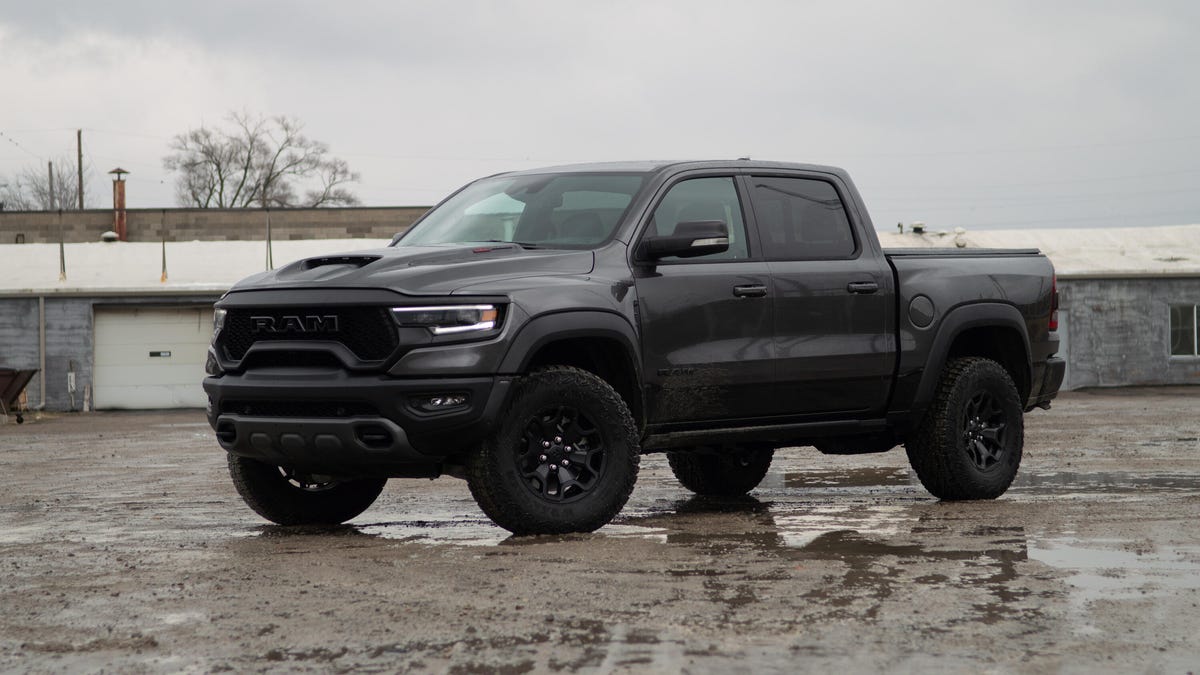Washington State Program Wants Gasoline Superusers to Go Electric
These superusers represent just 10% of drivers, but use over 30% of the total fuel. Can they be persuaded to switch to EVs?
For most of us, using a vehicle that burns gasoline as a fuel is just a normal part of life. We go to work, we go to the grocery store, we do the school run and that's mostly it. But there are other drivers -- and electrification nonprofit Coltura calls these "gasoline superusers" -- who take things to another level entirely.
These superusers make up around 10% of the drivers of light-duty passenger vehicles on the road, but they use approximately 32% of the gasoline, and Washington's state legislature has funded a $450,000 research program (PDF) to come up with ways to persuade these folks to switch to EVs, Driving.ca reported last week.
The average superuser is typically motoring around in a truck or an SUV and lives in a rural area. The former decreases this person's average mpg, while the latter can dramatically increase the number of miles driven -- Coltura estimates by as much as much as 300%.
Would an EV even work for them if these people are driving so much? Is Washington's study a big waste of half a million dollars? A few years ago, it might have been, but things are happening now that would make it possible for these superusers to make the switch without dramatically changing their lifestyle.
For example, the Ford Lightning pickup is ready to go into production, and with over 300 miles of available range and the ability to fast charge, it makes it a much more reasonable proposition. Plus, given the relatively high cost of full-size trucks , the F-150 is comparable, and you won't be spending tons of money on fuel.
The case for SUVs is a little trickier since long-range electric SUVs with off-road capability are still kind of rare and still demanding a serious price premium -- the Rivian R1S is nearly $80,000 in base trim with the long-range battery -- but that likely won't be the case for long. Electric crossovers for road use are a little easier to swing.
So, what do you think? Can these gasoline superusers be convinced that electric vehicles can work for them? Will the relative price parity and long range be enough to convince them, or will the government have better luck pushing the reduced running costs angle? Would it take a serious subsidy like a tax credit to move the needle? Let us know in the comments.


